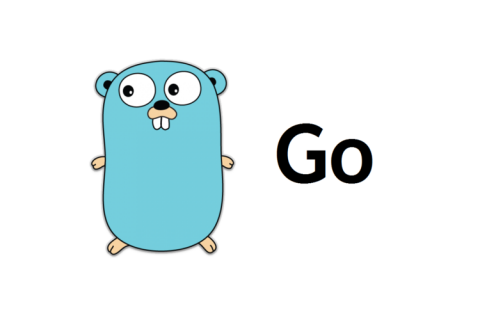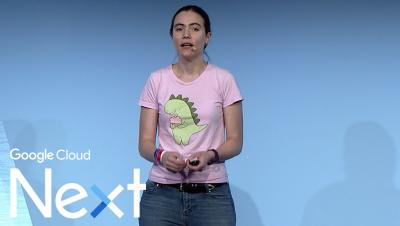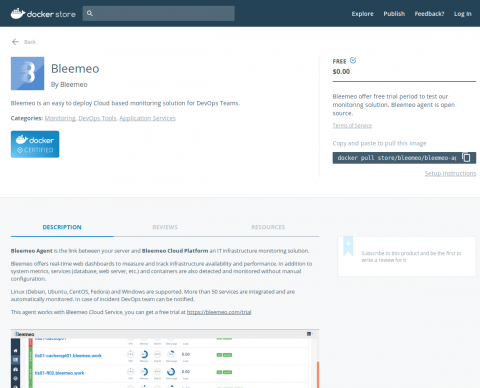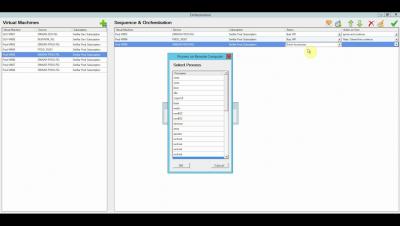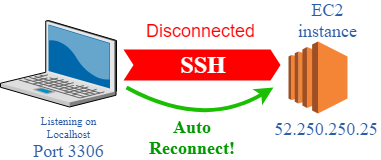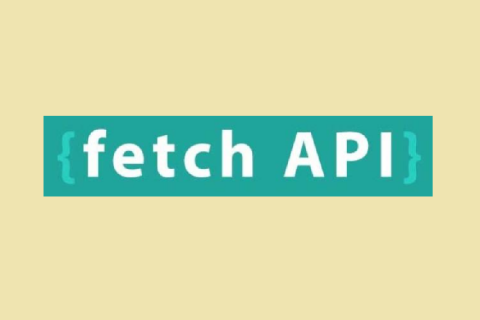Operations | Monitoring | ITSM | DevOps | Cloud
%term
VMware Horizon Monitoring with eG Enterprise
Golang Vendor Dependencies
We use Node.js extensively in our production apps. When we started with golang, the major discussion point amongst us was, for a beginner how golang dependency management is supposed to work. Vendoring was the only method for golang dependency management. In this, you save a local copy of the dependent libraries that your application shall use. In Node.js world, dependency is managed using packages.json.
Stackdriver: monitor, diagnose, and fix (Google Cloud Next '17)
Hardening against future S3 outages
On February 28, 2017, Amazon S3 in the us-east-1 region suffered an outage for several hours, impacting huge swaths of the internet. StatusGator was impacted, though I was able to mitigate some of the more serious effects pretty quickly and StatusGator remained up and running, reporting status page changes through the event. Since StatusGator is a destination for people when the internet goes dark, I aim to keep keep it stable during these events.
Bleemeo Joins the Docker Certification Program
We are happy to announce today that Bleemeo's smart agent has been accepted into the Docker Certification Program, a framework for partners to integrate and certify their technology to the Docker Enterprise Edition (EE) commercial platform. Starting today, Bleemeo's smart agent is now listed on the Docker Store as a "Docker Certified Container".
Azure VM Orchestration
Elasticsearch for logs and metrics: A deep dive - Velocity 2016, O'REILLY CONFERENCES
Automatically re-connect a disconnected SSH session with AutoSSH
Automatically detect network failures and reconnect with AutoSSH. This tip lets you create a persistent connection between two servers, or between your desktop and server, and have it automatically re-connect.
Monitoring performance of your Fetch API
The fetch API allows you to make network requests similar to XMLHttpRequest (XHR). We already wrote a blog about how Fetch API are simple and yet powerful compared to XHR. Atatus now supports Fetch API monitoring out of the box. You don’t need any special configuration to measure performances of the Fetch API.




